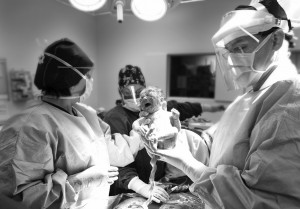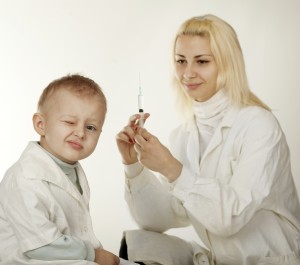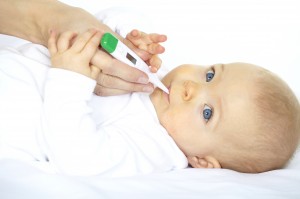
Many women who are having twins opt to have C-sections, to improve chances of having safe deliveries. But a new study, published in October, 2013, in the New England Journal of Medicine, found that moms and babies do equally well, whether the deliveries are vaginal or by C-section. Surgery was only performed when there were complications that could make vaginal delivery dangerous, such as when the second twin had entered the birth canal with the buttocks or feet first, rather than the head; this condition is known as a breech birth.
An experienced doctor is able to determine when to switch from a planned vaginal delivery, to a caesarean delivery, to improve odds that there will be no bad outcomes for the mother or for the babies. In the case of this study, which examined 2,800-plus deliveries, women who were planning to have their twins vaginally wound up getting C-sections 44 percent of the time. But this was still a big improvement over moms who had planned to have C-sections, and who got the surgeries 91 percent of the time (the other 9 percent went into labor and delivered their babies before a C-section could be performed).
Read More









